Planning Pays Off: 5 Strategies to Get the Most Out of Your Delivery Speed Choice
April 17, 2025
5 min read
How FTL is Transforming Logistics
The global logistics industry is poised to explode in the next three years. Estimates put the market size at 14.08 trillion USD by 2029, up from 9.14 trillion USD in 2023. A logistics and shipping company’s twin goals are maximising profitability and satisfying customers.
How can a shipping and logistics company achieve these twin goals? One of the primary factors that can facilitate this transformation is utilizing full-load transportation (FTL). Here, we take a close look at the dynamics of FTL shipping and the benefits it brings.
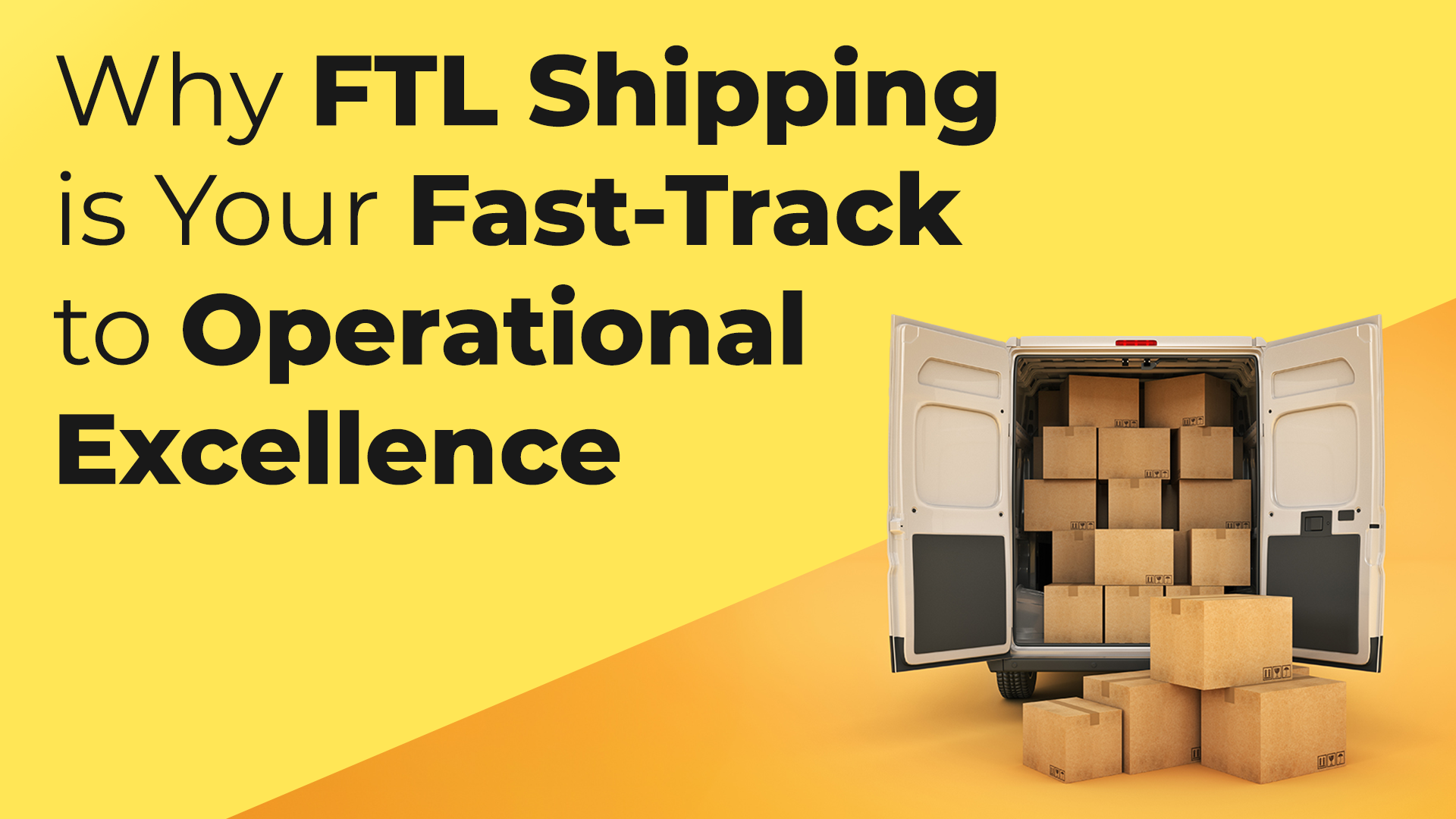
FTL Shipping is the Key to Success
Shipping and logistic companies need to streamline operations and optimize resources. Full Truck Load (FTL) shipping is an ideal way of incorporating efficiency into supply chain management such as:
Minimizes Damage
A full truckload reduces the risk of damage to consignments. Damage to consignments is linked to the movement of products in transit. Reduced movement results in reduced damage.
Faster Deliveries
In full-load transportation, the goods remain on the truck from the point of origin to the destination. This allows goods to be shipped continuously from one end to the other, resulting in faster deliveries.
Enhances Efficiency
Full truckload services are more efficient. If a company fills its trucks, it results in:
· Reduced number of trips
· Less fuel consumption
· Minimized vehicle wear and tear
· Reduced labor costs
Better Inventory Control
When larger quantities of goods get loaded for each shipment during full truck transportation, a business can control its inventory better. It reduces inventory holding costs, stockouts, and turnover rates, leading to overall profitability.
More Control and Flexibility on Shipments
Dedicated shipments in full-load transportation result in better overall control. Businesses can create exact delivery schedules with less scope for changing shipment routings or destinations midway.
Enhanced Customer Satisfaction
Cost-effective and timely deliveries are paramount for customer satisfaction. Businesses that offer full-load truck services meet customer expectations at various levels and establish brand loyalty.
Key Insights and Tips for Offering Full Load Transportation
In India, the market size of the logistics industry was 317.3 billion USD in 2024. Projections put its market share at 484 billion USD by 2029. Logistic companies will be interested in maximizing their business presence in such a booming industry.
The most cost-effective mode of operation is through full truckload services. A shipping and logistics provider can easily achieve this goal by adopting the following best practices:
· Precise Shipment Measurements
· Robust Packaging
· Proper Route Planning
· Integrating Advanced Technologies
· Continuous Communication
Takeaway
Full-load transportation offers multiple benefits to shipping and logistics companies, including cost-effectiveness. Operating with full loads is a good practice, as it results in faster deliveries, minimized damage, better inventory control, and enhanced customer satisfaction.
Full truckload services, however, require some planning and strategizing. As we have discussed, a company must meet certain conditions. Competent shipping and logistics companies like Shipyaari focus on the required elements to maintain a considerable volume of full truckload consignments.
Sign up with Shipyaari today to enjoy the benefit of full truckload transportation!
Frequently Asked Questions
A full truckload (FTL) is a truck getting loaded to capacity with a single company’s load with no stops between the pickup point and final destinations. Partial truckload (PTL), however, is when other firms add their shipments on the way.
A commercial container typically measures 8.5 feet wide by 53 feet long and is used for full truckload FTL shipments.
The primary advantage of using full truckload services is that there are no extra costs, such as delivery fees, redelivery fees, reweigh fees, oversized/odd-shaped pallet fees, appointment pickup fees, or other such charges.
A bill of lading (BOL) is a contract between a shipper and a carrier. The carrier or broker raises a BOL for a full truckload.
Suggested Reads
Hyperlocal Personalization: Tailoring Experiences for Local Customers
Introduction The eCommerce industry in India has witnessed a rapid growth of hyperlocal services in
Continue ReadingDec






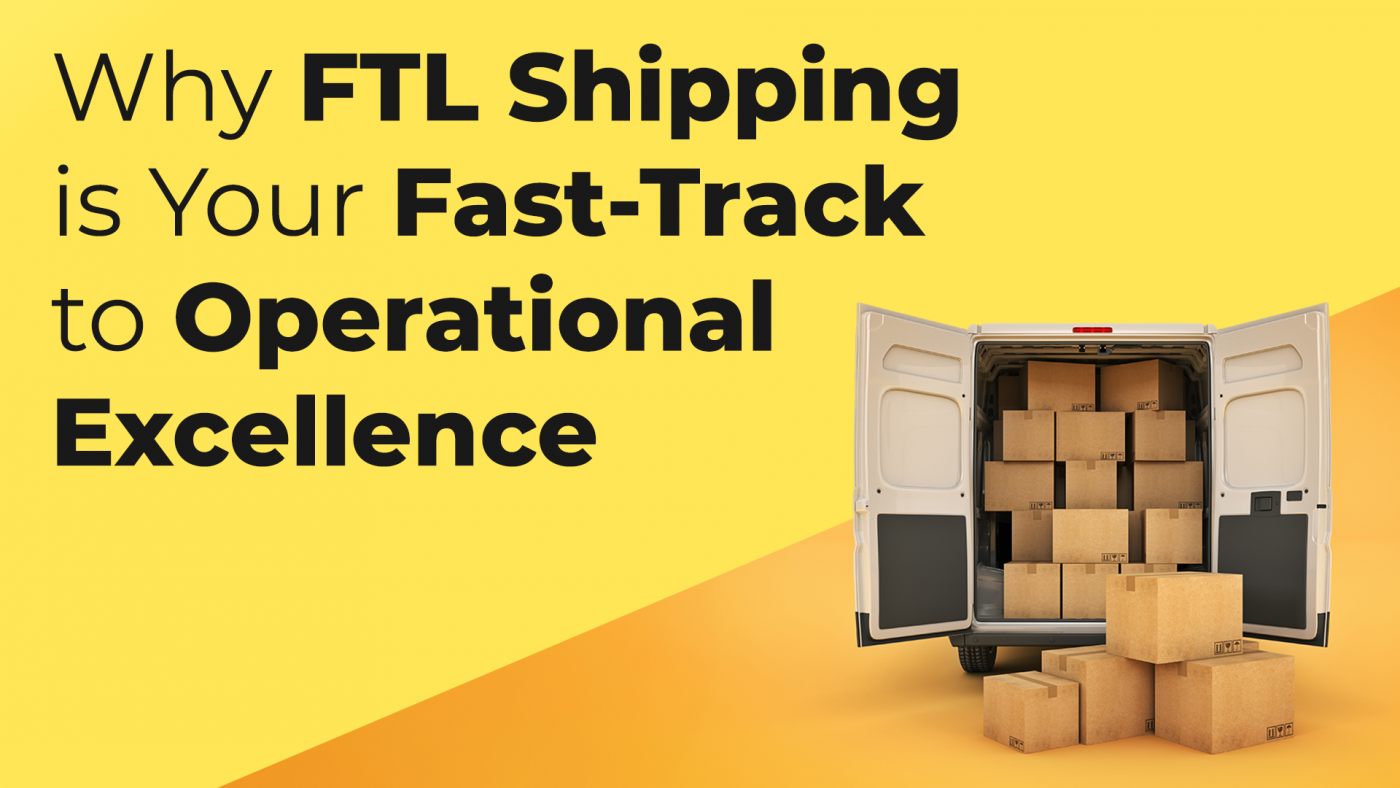



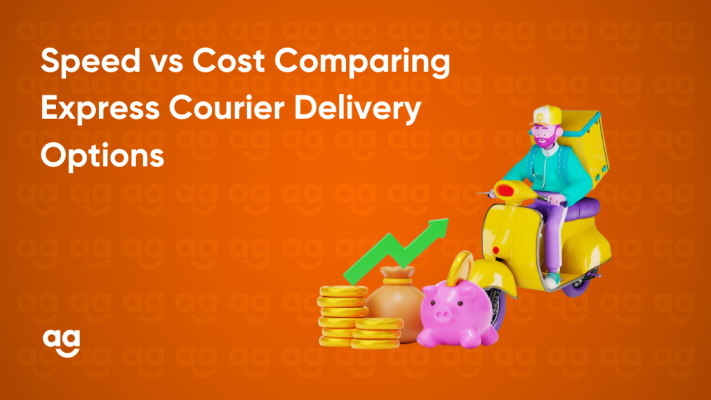
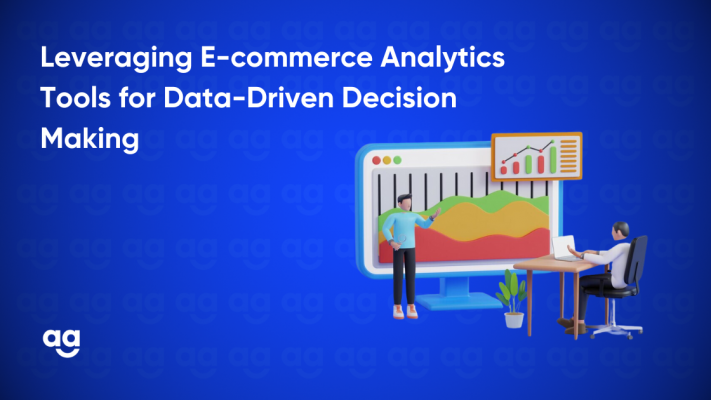
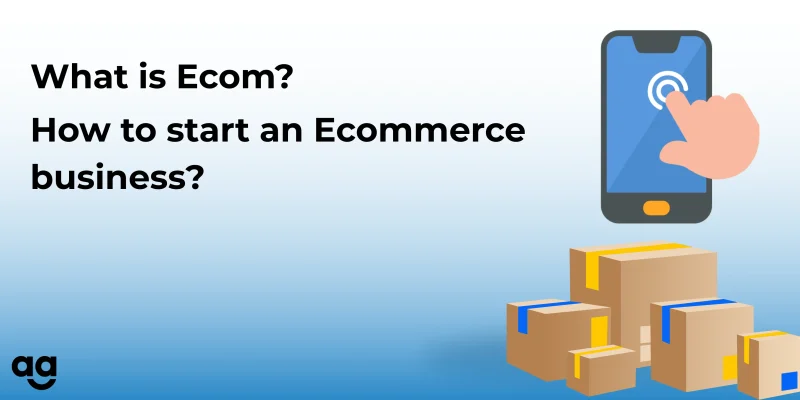

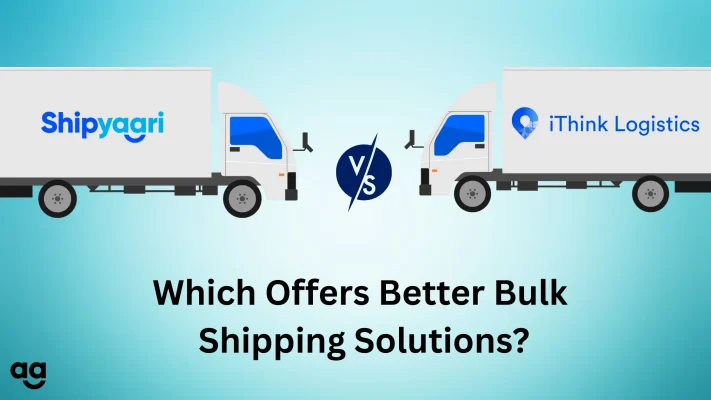

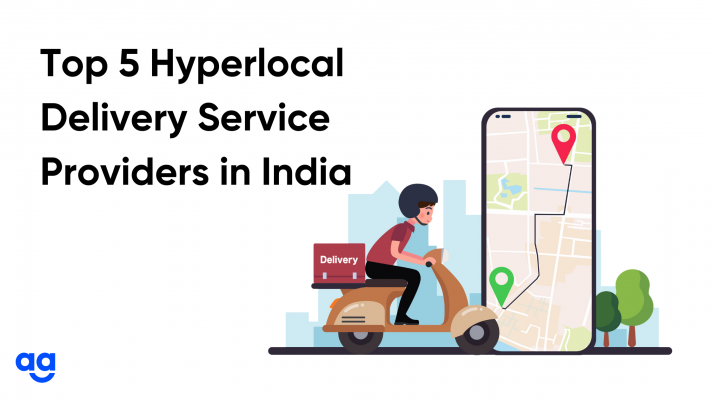
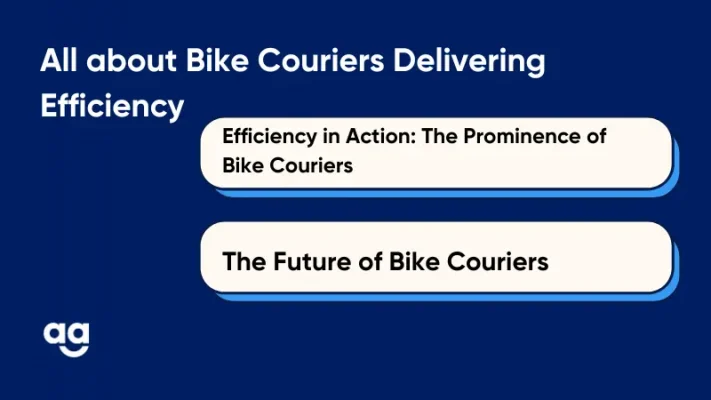
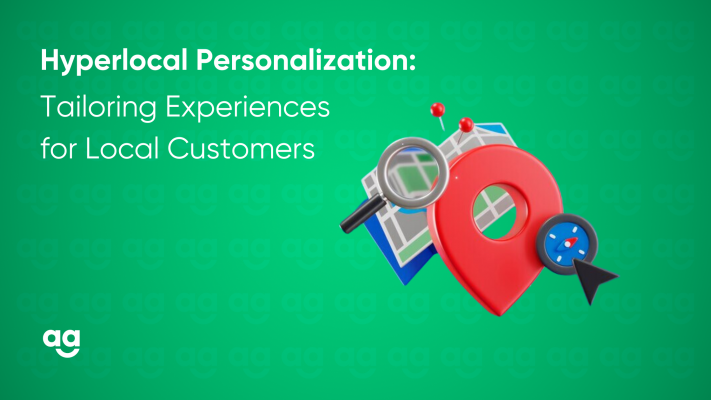
 Shipping
Shipping







